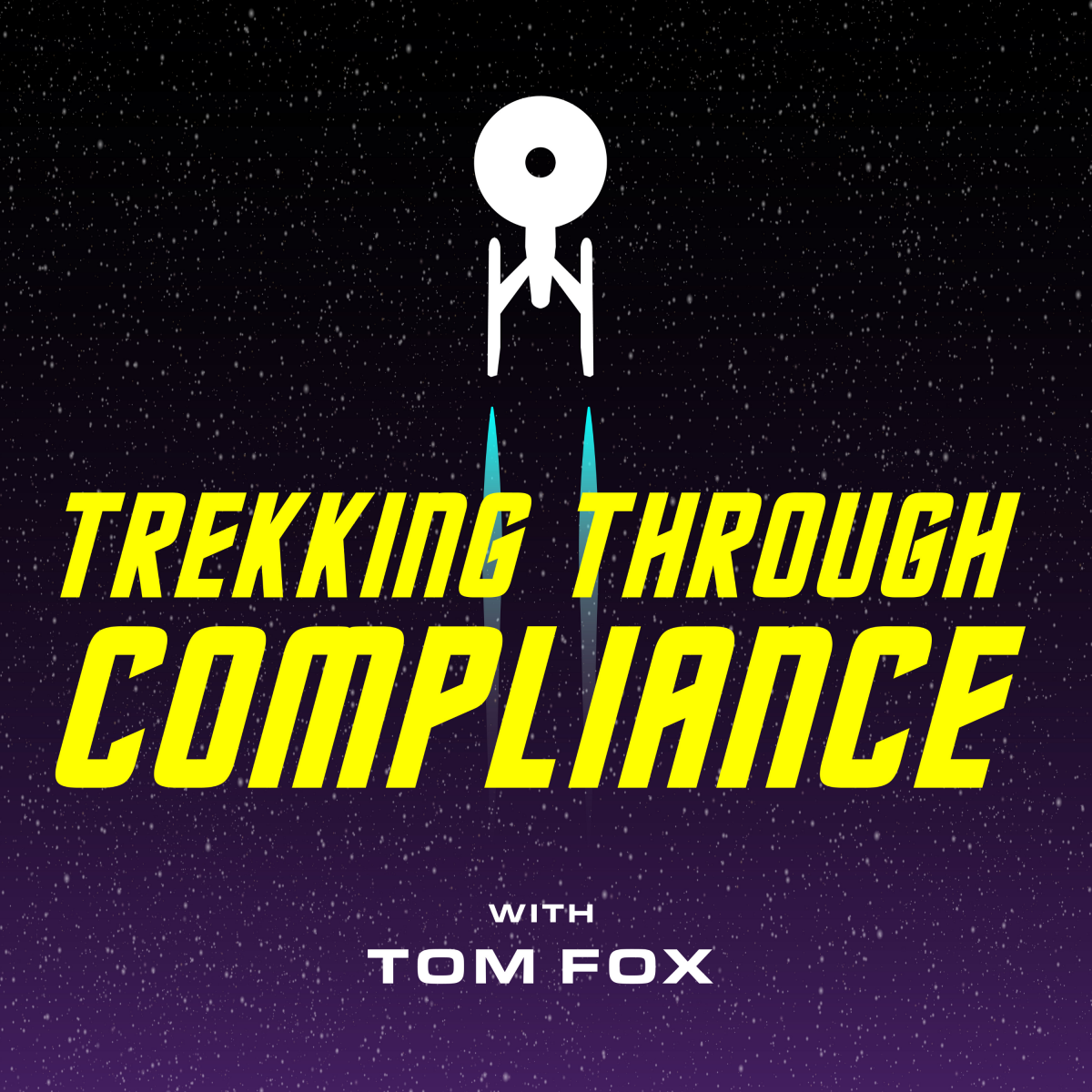Compliance Man is back for a new season! Get ready for a EuroTrip with Tom Fox and Tim Khasanov-Batirov on their hit podcast, Compliance Man! Join Tom Fox and co-host Timur Khasanov-Batirov on a Euro trip as they delve into the world of Poland’s Compliance Revolution with guest Piotr Żyłka.
The implementation of the Whistleblowing Directive and the Corporate Sustainability Due Diligence Directive into the Polish Legal System could be a major step forward in the fight against corruption. Tom Fox and Tim Khasinov-Batirov had a conversation with Piotr Żyłka, an author of the It’s All About Compliance blog, publisher, and compliance platform in Europe, to discuss the Polish compliance scene and the need for a Polish FCPA. Piotr discussed the banking law requirements, the DOJ guidelines, the New York City Bar Association paper, and the influence of foreign companies on compliance controls in Poland. He also highlighted the need for trainings, engagement of top management, and internal controls like KYC. Tom and Tim thanked Piotr for his time and knowledge and invited him to come back on the podcast to share his views.
Key Highlights
· Internal Controls in Poland
· Compliance in Poland
· Sanctions Compliance
· A Polish FCPA Needed?
Resources
Piotr Żyłka on LinkedIn
It’s All About Compliance
Tim Khasanov-Batirov on LinkedIn
Tom Fox







